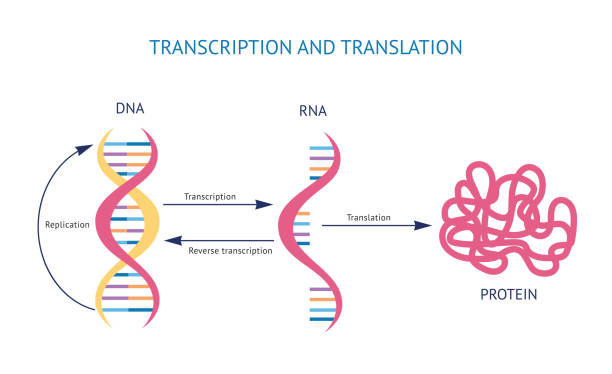
By Celina M. Nadelman, M.D.
- How long has this technology been in development?
mRNA vaccine development started in 1990 with a paper on in vitro mRNA in animals. Soon after in the 1990’s, a Hungarian scientist, Kariko’, investigated work on mRNA products for human disease applications.
- How does this technology work?
Messenger RNA (mRNA) makes proteins in our cells that build, maintain, and repair our cells and body.
mRNA is a template, a blueprint, that is read by the cell which then makes amino acids. When these amino acids are strung together, it makes a protein.
Scientists can now design an mRNA, like a code, to make specific proteins.
The SARS-CoV2 mRNA vaccine contains the blueprint for a protein, the spike. The spike protein, which is on the outside of the virus, helps the COVID virus infect cells.
The protein then triggers immune cells and leads to the production of antibodies.
And when a person gets exposed to COVD-19, the antibodies will immediately recognize that specific protein of the virus, which then will help the immune system to detect and destroy the virus (and prevent the illness and death).
- The main benefits of mRNA vaccines
Safety (mRNA is non-infectious; mRNA is degraded by normal cellular processes)
Versatility (can encode for anything if you have the template)
Scalability (since made in a lab with small parts, it is rapid and inexpensive).
- Production
Production of an mRNA in a lab with enzymes and a DNA template is rapid and simple in comparison to traditional live or inactivated virus vaccines (that have been in use until now). Unlike DNA immunization, mRNA vaccines can generate potent neutralizing antibodies in 1 or 2 low dose vaccines.
- Drawbacks
Initially, mRNA vaccines were hard to deliver because mRNA is unstable and degrades easily. In addition, foreign mRNA can trigger the immune response and destroy the mRNA before it gets a chance to enter the cell. Since then, scientists have discovered ways to deliver it safely into cells.
- The future for mRNA vaccines is bright. mRNA vaccines are being explored for vaccines beyond infectious diseases, such as cancer treatments.




